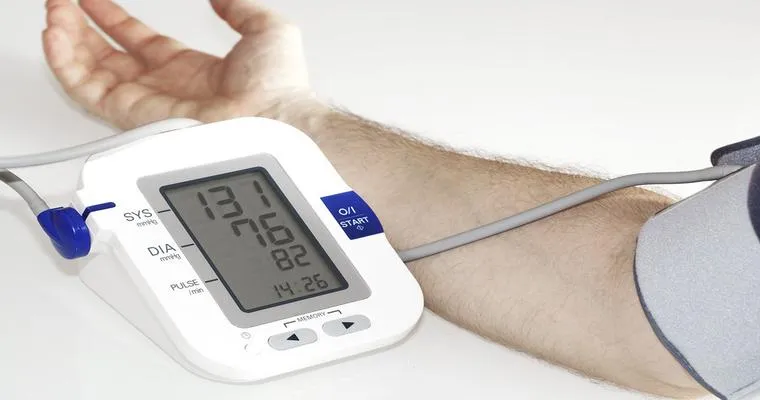Labile and "uncontrolled blood pressure" are terms that often raise concerns for many individuals. Understanding the nuances of these conditions is essential for effective management and treatment. In this article, we will address common "questions about labile blood pressure", explore its causes, and provide insights into how to manage this condition effectively.
What is Labile Blood Pressure?
Labile blood pressure refers to "fluctuating levels of blood pressure" that can change dramatically in a short amount of time. Unlike stable blood pressure, which remains within a normal range, labile blood pressure can vary widely, sometimes reaching dangerously high or low levels. This condition can occur in individuals who experience "emotional stress", physical activity, or even changes in position.
What Causes Uncontrolled Blood Pressure?
Uncontrolled blood pressure is a more serious condition where blood pressure remains consistently high despite treatment. Several factors can contribute to this issue, including:
"Poor medication adherence": Failing to take prescribed medications can lead to uncontrolled blood pressure.
"Lifestyle choices": Diet, lack of exercise, and excessive alcohol consumption can all negatively impact blood pressure levels.
"Underlying health conditions": Conditions such as diabetes, kidney disease, and sleep apnea can contribute to uncontrolled blood pressure.
"Stress": Chronic stress can lead to increased blood pressure levels.
How Can I Manage Labile Blood Pressure?
Managing labile blood pressure involves a combination of lifestyle changes and medical interventions. Here are some effective strategies:
1. "Regular Monitoring": Keeping track of your blood pressure readings can help you identify patterns and triggers for fluctuations.
2. "Healthy Diet": Adopting a heart-healthy diet rich in fruits, vegetables, whole grains, and lean proteins can help stabilize blood pressure. The DASH (Dietary Approaches to Stop Hypertension) diet is particularly effective.
3. "Physical Activity": Engaging in regular exercise can help lower blood pressure and reduce stress levels. Aim for at least 150 minutes of moderate activity each week.
4. "Medication Management": If prescribed, ensure you take your medications as directed. Discuss any concerns with your healthcare provider to find the best treatment plan.
5. "Stress Reduction": Incorporating stress-reducing techniques such as meditation, yoga, or deep breathing exercises can help maintain stable blood pressure levels.
When Should I Seek Medical Help?
If you experience symptoms such as severe headaches, shortness of breath, chest pain, or vision changes, it is crucial to seek medical attention immediately. These could be signs of a hypertensive crisis or other serious complications related to uncontrolled blood pressure.
Conclusion
Understanding the complexities of labile and uncontrolled blood pressure is essential for effective management. By addressing common "questions about labile blood pressure", making lifestyle changes, and collaborating with healthcare professionals, individuals can better control their blood pressure and improve their overall health. Remember, proactive management is key to living a healthier life.





